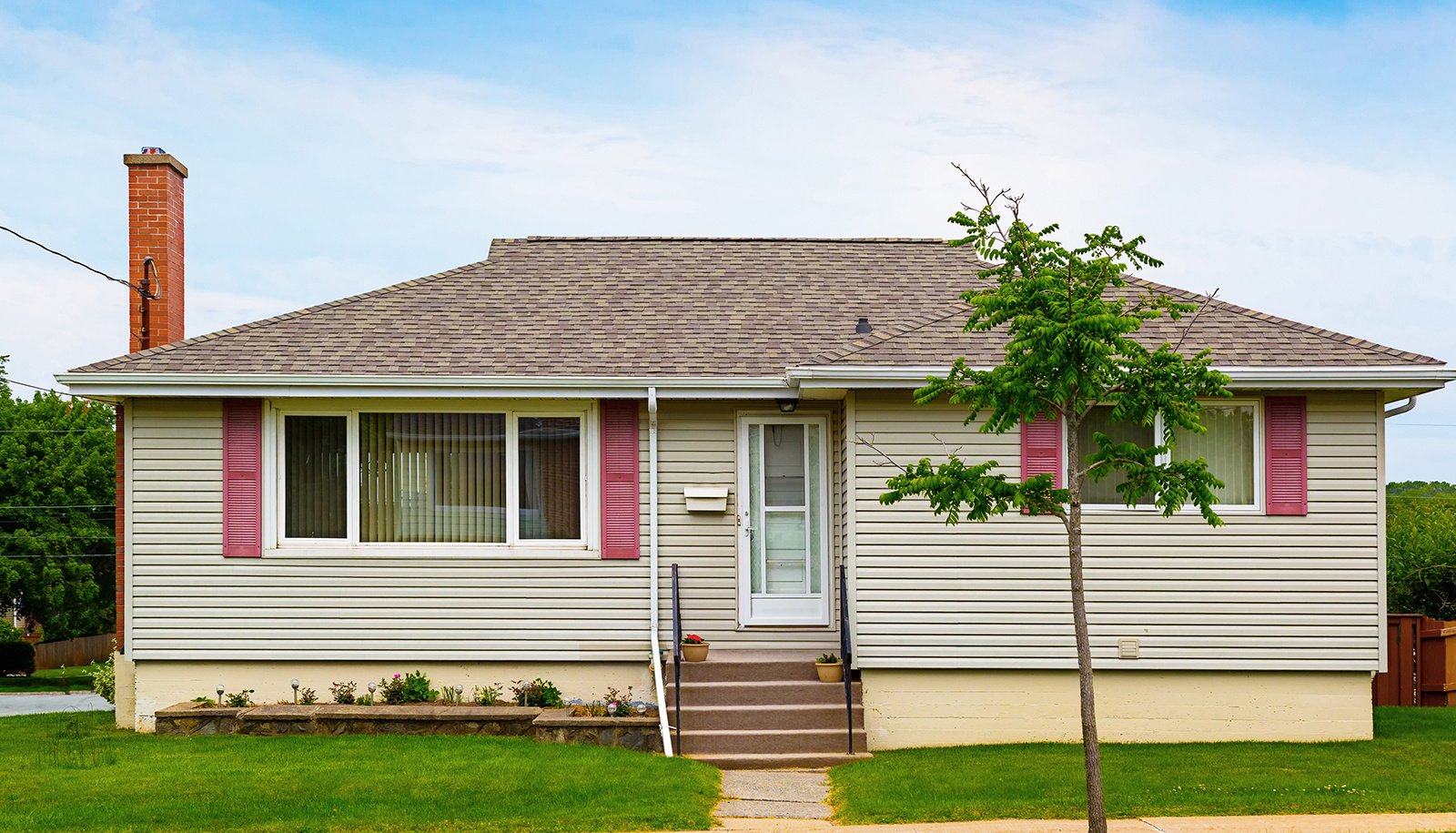There's something uniquely charming about older homes – their history, architectural details, and the stories they hold. However, owning an older home comes with its own set of challenges, especially when it comes to home insurance.
In this post, we'll explore homeowners insurance for older homes, addressing common issues and offering tips on how to save money on your premiums.
UNDERSTANDING HOMEOWNERS INSURANCE FOR OLDER HOMES
What is Homeowners Insurance?
Homeowners insurance is a policy that provides financial protection against disasters. A standard policy insures the home itself and the things you keep in it. For older homes, this insurance becomes even more critical due to their age and potential for unique risks.
Coverage Specifics
Older homes often have different coverage needs compared to newer homes. Policies may need to account for outdated systems or materials that are no longer up to code. It's essential to understand what your policy covers, especially concerning replacement costs versus actual cash value.
Common Issues with Insuring Older Homes
Typical problems associated with insuring older homes include Outdated electrical wiring, Old plumbing systems, Roofs in need of repair, and structural issues due to aging materials.
HOW TO ASSESS THE VALUE OF YOUR OLDER HOME
Importance of Appraisal
Start by having your home properly appraised is crucial for determining its value. This appraisal will affect your insurance rates and ensure you have adequate coverage.
What Factors Affect Older Home Value?
Several elements can influence the value of your older home:
Historical Significance: Homes with historical value might be worth more but could also need specialized insurance.
Condition: The overall state of the home, including any restorations or upgrades, plays a significant role.
Location: The neighborhood and proximity to amenities can impact value.
Improvements & Upgrades to Older Home
Modernizing certain aspects of your home, such as the electrical system, plumbing, or roof, can not only increase its value but also lower your insurance premium.
Can I Get Homeowners Insurance Without an Inspection?
Given the inherent risks associated with older homes – such as outdated electrical systems, aging plumbing, and potential structural issues – insurance companies typically require a home inspection before agreeing on coverages and rates. This inspection helps insurers assess the condition of the property, identify any potential hazards, and determine the appropriate level of coverage.
By conducting a thorough inspection, both the homeowner and the insurer can ensure that the policy accurately reflects the home's needs and mitigates any unforeseen risks. Without this crucial step, securing adequate and affordable insurance for an older home is nearly impossible.
INSURANCE POLICY OPTIONS FOR OLDER HOMES
Standard Insurance Policies
A typical homeowners insurance policy covers the home structure, personal belongings, liability protection, and additional living expenses if you’re temporarily unable to live in your home.
Specialized Insurance Coverage
For older homes, you might need additional coverage options like:
- Replacement Cost Policies: These cover the cost of replacing your home with similar materials and craftsmanship.
- Ordinance or Law Coverage: This helps cover the cost of bringing your home up to current building codes after a covered loss.
Do I Need Special Insurance for a Historic Home?
Owning a historic home is a privilege and a responsibility that comes with unique insurance needs. Standard homeowners insurance often falls short of covering the full value of a historic property due to its unique materials, craftsmanship, and architectural details.
Special insurance policies for historical homes are designed to address these gaps, ensuring that should damage occur, repairs can be made using materials and methods that preserve the home's historical integrity. These policies often include higher coverage limits for the structure itself, as well as additional provisions for any mandated restorations under historic preservation laws. By investing in specialized insurance, homeowners can protect both their assets and the irreplaceable heritage it represents.
HOW TO LOWER YOUR PREMIUM & SAVE MONEY ON HOME INSURANCE
Home Improvements
Investing in home improvements can significantly reduce your insurance premium. Consider:
- Updating electrical wiring
- Replacing old plumbing
- Installing a new roof
Bundle Policies
Many insurers offer discounts if you bundle your home insurance with other types of insurance, such as auto or life insurance.
Increase Deductibles
Opting for a higher deductible can lower your premium. Just ensure that you can afford the out-of-pocket costs in the event of a claim.
Regular Maintenance
Keeping your home in good condition through regular maintenance can prevent costly repairs and claims.
Security Measures
Adding security features like alarm systems, deadbolts, and smoke detectors can qualify you for discounts.
Loyalty Discounts
Staying with the same insurer for multiple years can sometimes earn you loyalty discounts.
Owning an older home comes with its unique set of joys and challenges. By understanding homeowners insurance tailored for older properties, assessing your home's value accurately, and following our tips to lower your premium, you can enjoy peace of mind and possibly even save some money.
If you need help finding the best homeowners insurance coverage for the best price for your older home, start by speaking to a SimplyIOA agent at 833.872.4467 or get a homeowners insurance quote online now.










